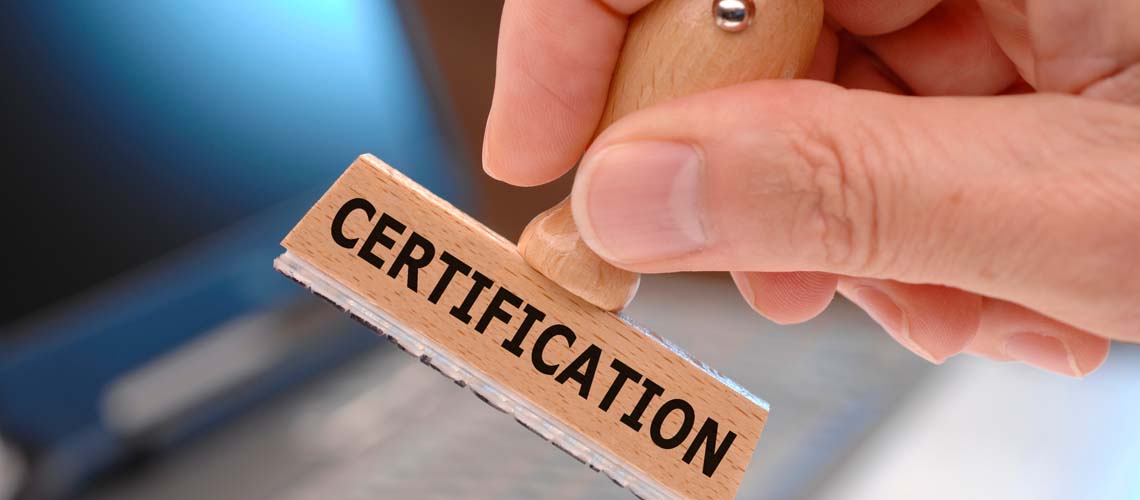RoHS (Restriction of Hazardous Substances) Compliance Testing for Devices
In today’s rapidly evolving healthcare and clinical technology sector, regulatory compliance is not just a recommendation; it is a legal requirement. The Restriction of Hazardous Substances Directive (RoHS), first introduced in 2003 by the European Union and later adopted globally, aims to reduce the environmental impact of electronic and electrical equipment by restricting the use of certain hazardous substances.
For medical device manufacturers, RoHS compliance is crucial. This directive prohibits the intentional use of lead, mercury, cadmium, hexavalent chromium, polybrominated biphenyls (PBB), and polybrominated diphenyl ethers (PBDE) in most electrical and electronic devices. Compliance ensures that products meet stringent environmental standards, enhancing consumer safety while also fostering sustainable manufacturing practices.
The healthcare industry faces unique challenges when it comes to RoHS compliance testing. Devices often contain complex assemblies with multiple materials, some of which may be classified as hazardous under the directive. Ensuring adherence to these regulations is critical for maintaining product integrity and regulatory approval.
Our laboratory offers comprehensive RoHS compliance testing services tailored specifically for medical devices. Our team of experts uses advanced analytical techniques such as Inductively Coupled Plasma Mass Spectrometry (ICP-MS), Atomic Absorption Spectroscopy (AAS), and X-ray Fluorescence (XRF) to detect trace levels of restricted substances in your product.
Our testing process begins with a thorough examination of the device’s design documentation, including material lists and supplier data. This information helps us identify potential sources of hazardous materials early on, allowing for targeted analysis during sample preparation. Once prepared, our samples undergo rigorous quantitative analysis to determine whether they contain any prohibited substances above the allowable limits.
The results are presented in detailed reports that include quantifiable data along with interpretative insights regarding compliance status. These reports serve as valuable tools not only for ensuring current regulatory adherence but also for future product development efforts aimed at reducing environmental impact further.
Compliance testing is just one aspect of our broader suite of services designed to support healthcare organizations in navigating the complexities of global regulations. By partnering with us, you gain access to industry-leading expertise and cutting-edge technology that can help streamline your compliance journey while minimizing risk exposure.
Applied Standards
The RoHS Directive (Directive 2011/65/EU) is based on several international standards which provide guidance on how to conduct the necessary tests and interpret results. Our laboratory adheres strictly to these guidelines:
- ISO/IEC 17025: Ensures our facilities meet the highest quality assurance requirements.
- ASTM E1689-14: Provides methods for determining concentrations of lead, mercury, cadmium, hexavalent chromium, PBB, and PBDE in electronic and electrical products.
- EN 50573:2007: Specifies the method for measuring trace quantities of hazardous substances in electrical and electronic equipment.
- IEC/TS 61967-1: Offers guidelines for sampling procedures before analysis according to IEC 60068 series standards.
These standards ensure consistency across all our testing processes, providing reliable results that are internationally recognized and accepted by regulatory bodies worldwide.
Why Choose This Test
Choosing RoHS compliance testing for your medical devices offers numerous benefits beyond mere regulatory satisfaction:
- Consumer Confidence: Demonstrating adherence to global standards builds trust among patients and healthcare providers who rely on safe, reliable equipment.
- Market Access: Meeting RoHS requirements opens doors to lucrative international markets where strict environmental regulations are enforced.
- Risk Mitigation: Early identification of non-compliant materials reduces the risk of recalls or legal action down the line.
- Sustainability: By minimizing the use of hazardous substances, you contribute positively towards reducing electronic waste and promoting eco-friendly manufacturing practices.
- Brand Reputation: A commitment to sustainable practices enhances your brand image as an environmentally responsible organization.
- Innovation: The process of ensuring compliance often leads to innovative solutions that improve product design and performance.
- Competitive Advantage: In a highly competitive market, being compliant can set you apart from competitors who may not adhere fully to all regulations.
At our laboratory, we understand the importance of these factors in your business strategy. Our goal is to provide you with accurate, reliable data that supports informed decision-making throughout your product lifecycle.
Quality and Reliability Assurance
Ensuring quality and reliability in medical devices is paramount, especially when dealing with life-saving technologies. RoHS compliance testing plays a crucial role in maintaining these standards by:
1. Early Detection of Issues: Identifying problematic components early in the manufacturing process allows for corrective actions to be taken before production begins.
2. Consistency Across Production Batches: Regular testing ensures that every batch produced meets the same high standards, reducing variability and ensuring uniformity across all units.
3. Longevity of Products: By avoiding the use of hazardous substances known to degrade over time, we help extend the operational life of your devices.
4. Enhanced Safety: Removing harmful elements not only protects users but also ensures that maintenance personnel are exposed to minimal risk during repairs or replacements.
5. Regulatory Compliance: Staying ahead of regulatory changes and ensuring ongoing compliance helps avoid costly penalties and potential market entry barriers.
We pride ourselves on our commitment to excellence in every aspect of testing, from initial consultation through final report delivery. Our state-of-the-art facilities equipped with the latest analytical instruments guarantee accurate results that are both reliable and repeatable.





